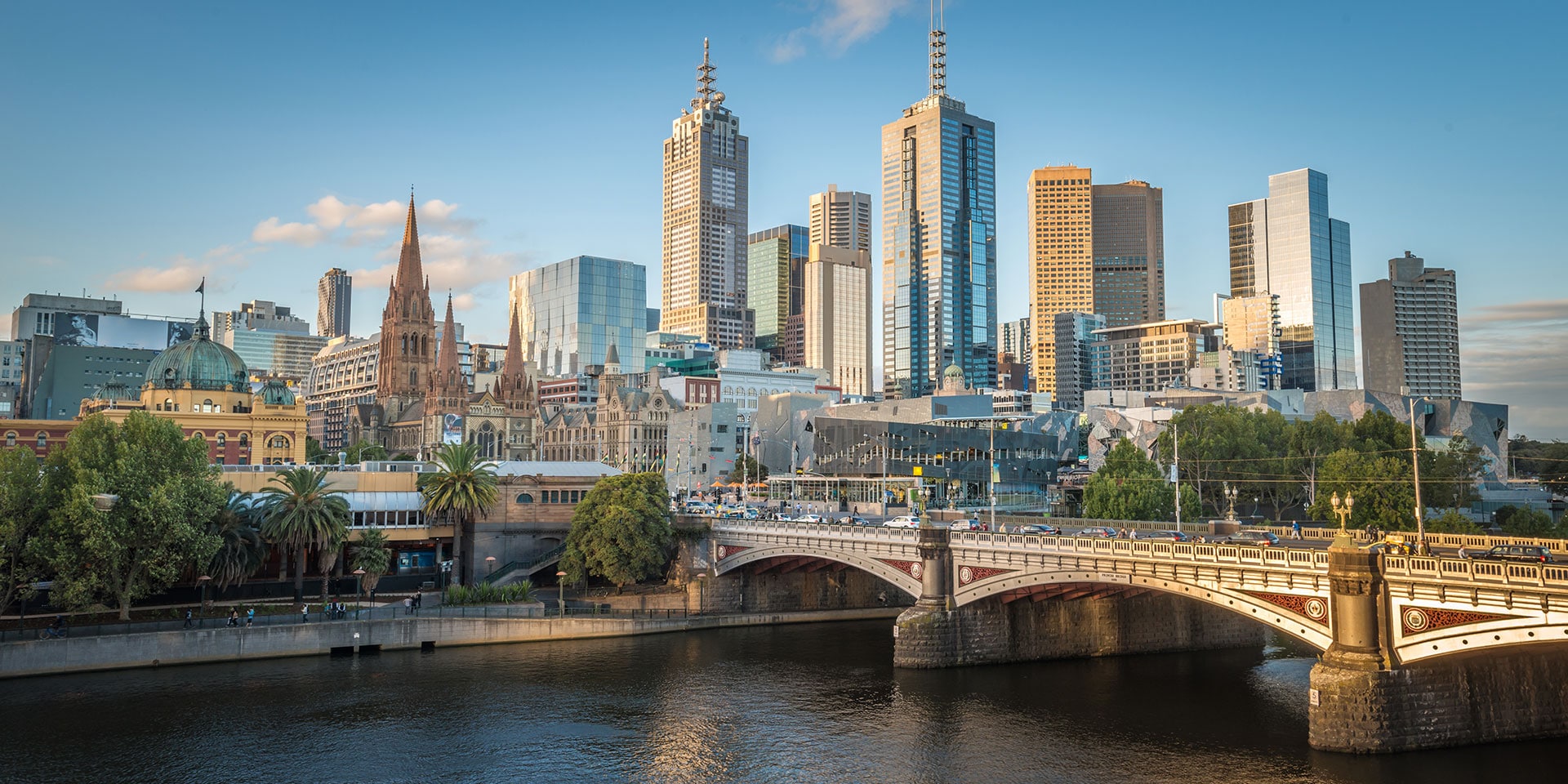A Welcoming and Hospitable City
Khartoum, the capital city of Sudan, is known for its warm and welcoming people. Residents have a strong sense of hospitality and will often invite strangers into their homes to share a meal. Sudanese hospitality culture promotes kindness toward others and builds trust within the community. Travelers feel at ease roaming the city streets at night due to the caring and peaceful nature of locals. Children can confidently go places alone, a rarity in many urban settings, highlighting how safety is prioritized.

A Thriving Nightlife Without Disorder
Contrary to popular assumptions, Khartoum has an active nightlife that does not revolve around parties or clubs. Instead, residents enjoy leisurely strolls through the city after dark. Families, friends and couples freely occupy parks and public spaces well into the evening without concern for safety. Loud music and unrest are noticeably absent, a testament to Khartoum’s orderly nighttime atmosphere. People feel secure traveling independently at night, a sign of the low crime rate.
Low Crime Rate Through Community Support
Residents look out for one another in Khartoum. If someone falters in peril, onlookers will readily intervene to offer protection. This strong community cohesion deters crime, as criminals know their actions will not go unnoticed or unpunished. Reported incidents of assault, theft and violence are incredibly rare. Even petty offenses like pickpocketing occur infrequently when accounting for Khartoum’s large population. Visitors feel comfortable thanks to this watchful, law-abiding community spirit.
A Safe Destination Compared Globally
After visiting many countries across different continents, one writer confidently deemed Khartoum as one of the safest cities experienced. Attacks on individuals virtually do not take place. While the occasional home burglary presents a minor concern, such events are also uncommon. Overall, Khartoum maintains a remarkably low crime environment that outstrips safety standards in other major African metropolitan areas and beyond. Travelers need not worry about common threats like murder, kidnapping or sexual violence, allowing them to fully immerse in local culture without fear.
House Theft Remains the Primary Worry
When asked to rate Khartoum’s safety on a scale, one longtime resident judged it an impressive 8 out of 10. The only real reservation involved occasional house break-ins targeting cash and electronics. However, even these burglaries rarely turn violent. Most concerning of all to locals is the worrisome notion that such thievery has increaingly become acceptable in society in recent times. Otherwise, daily life proceeds placidly without threats to well-being. Visitors can feel at ease exploring independently thanks to this pervasive sense of personal security.
A Hospitality-Driven Culture Breeds Trust
Traditionally, Arabs looked to Sudan as a moral example due to its people’s admirable character traits. To this day, Sudanese continue earning a positive reputation through their trademark graciousness. Inviting strangers into the home for a meal without prior acquaintance illustrates depths of Sudanese hospitality values. This welcoming spirit engenders trust that permeates social bonds. With compassion as the societal norm rather than exception, crime finds little fertile ground to take root. Travelers benefit greatly from the atmosphere of goodwill that Sudan gifts to guests within its borders.
In Conclusion
By all accounts from residents and visitors alike, Khartoum stands out as a safe haven in Africa and beyond. Its people uphold a hospitality-driven culture that fosters cohesive communities intolerant of harming others. Minimal threats to well-being like the rarely violent home burglaries do little to dampen an otherwise wholesome security standard. Travelers feel confident exploring autonomously thanks to assurances of aid from locals, if needed. With its reputation of peace, morality and gracious treatment of strangers, Khartoum proves that societal warmth can powerfully support personal safety.

 A Tale of Two Cities: Comparing Chengdu and Chongqing
A Tale of Two Cities: Comparing Chengdu and Chongqing